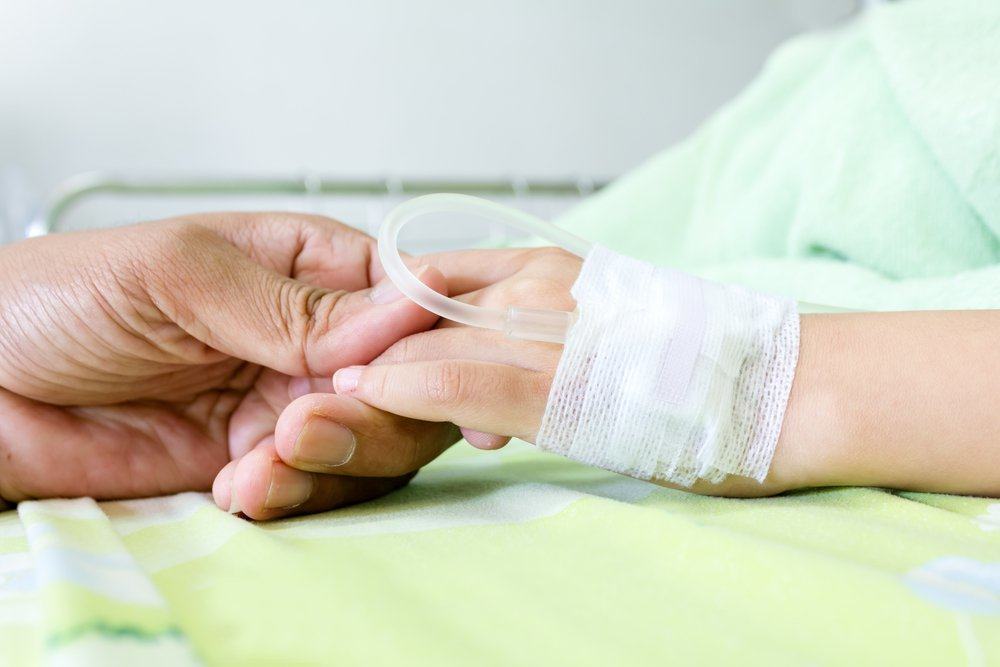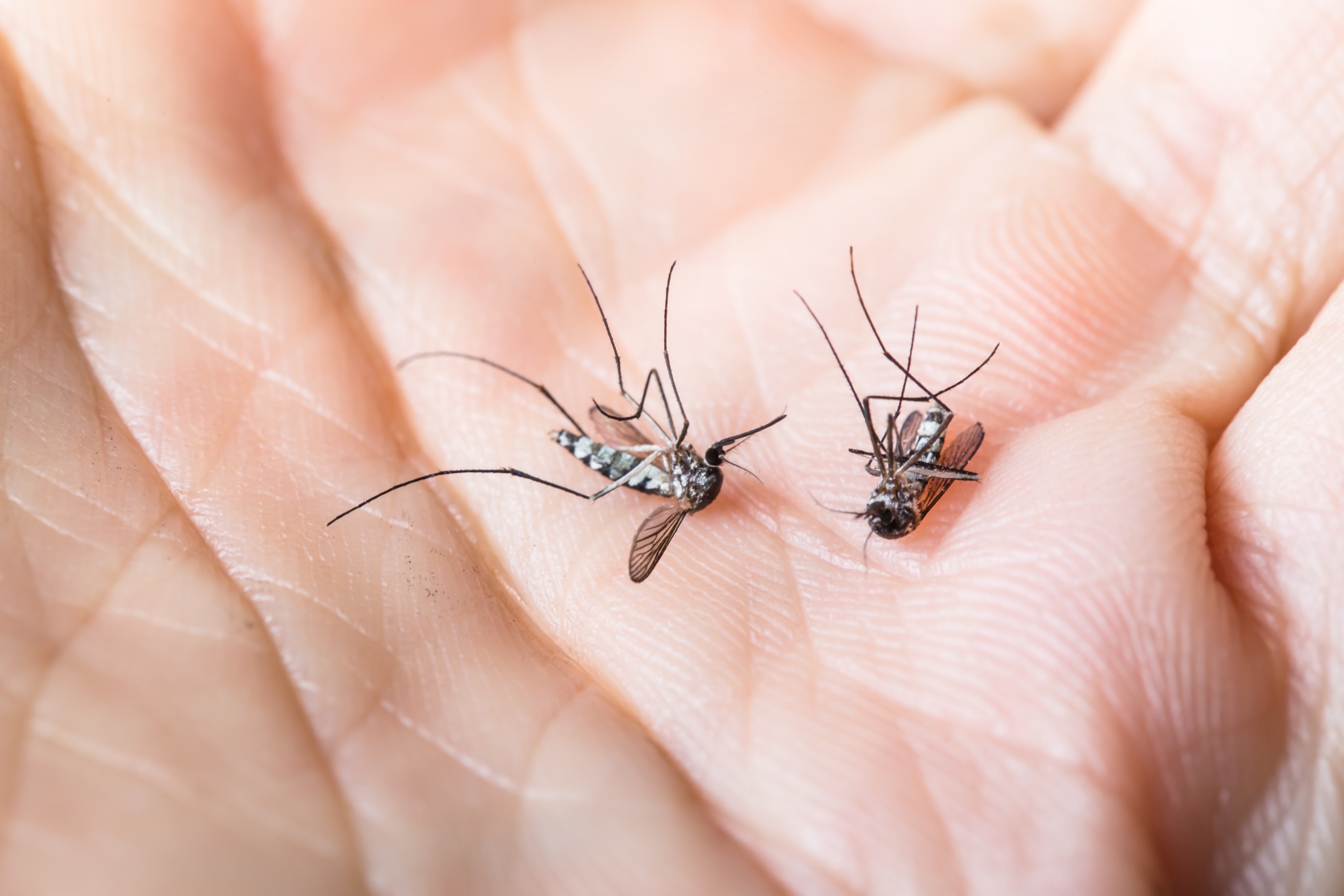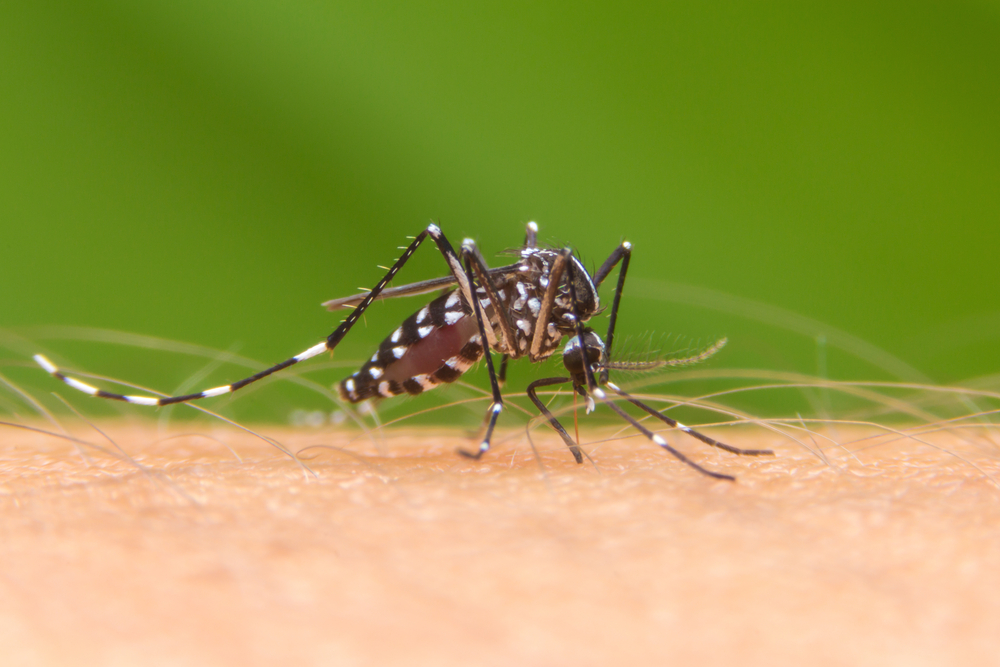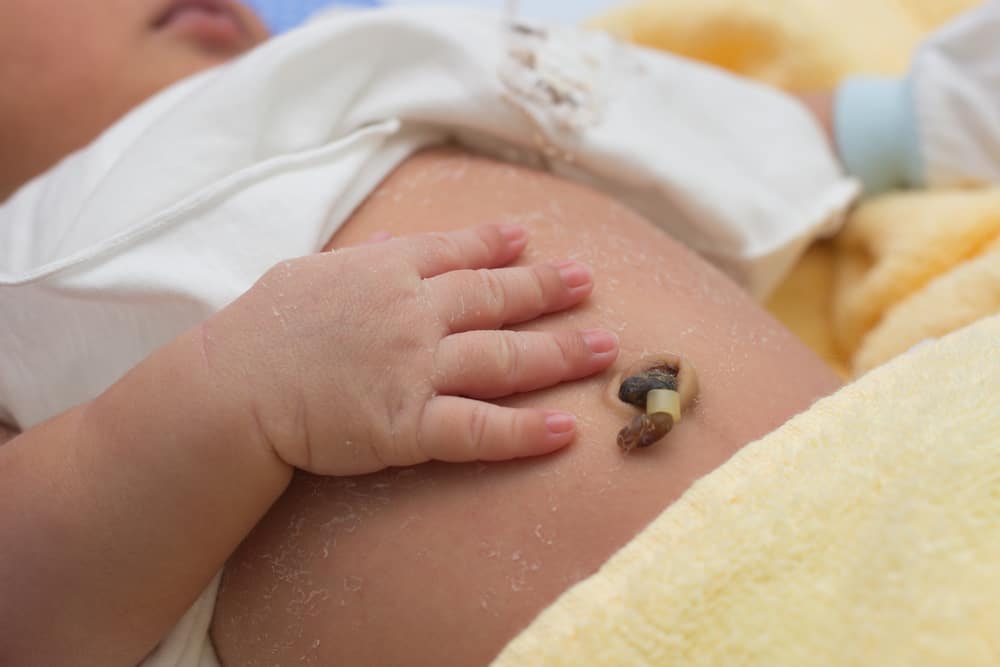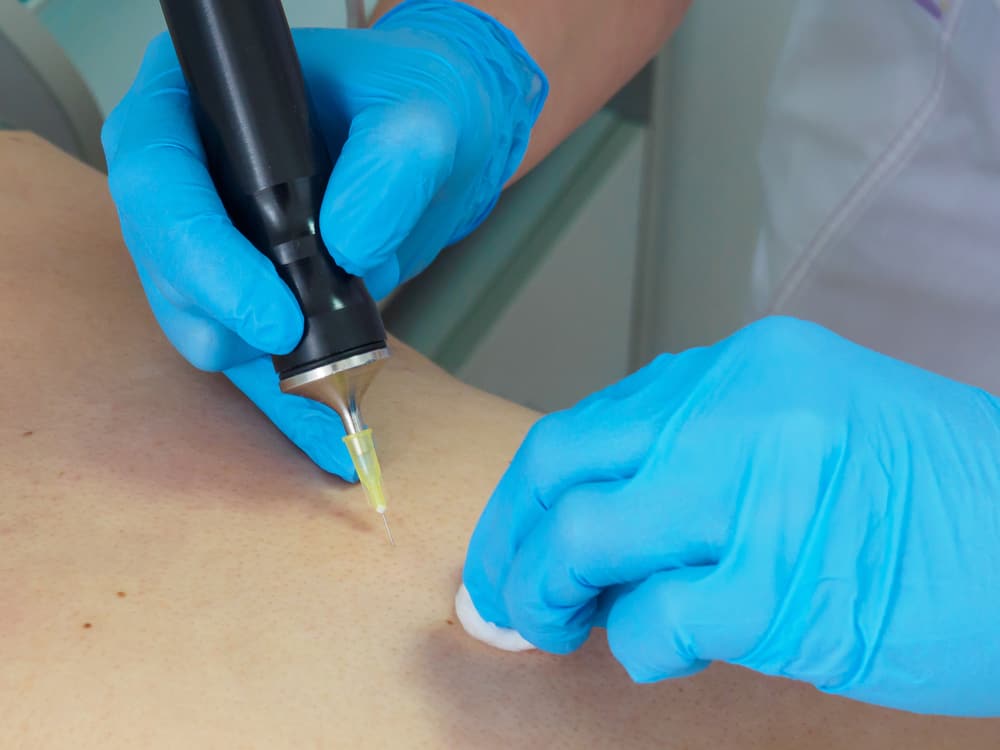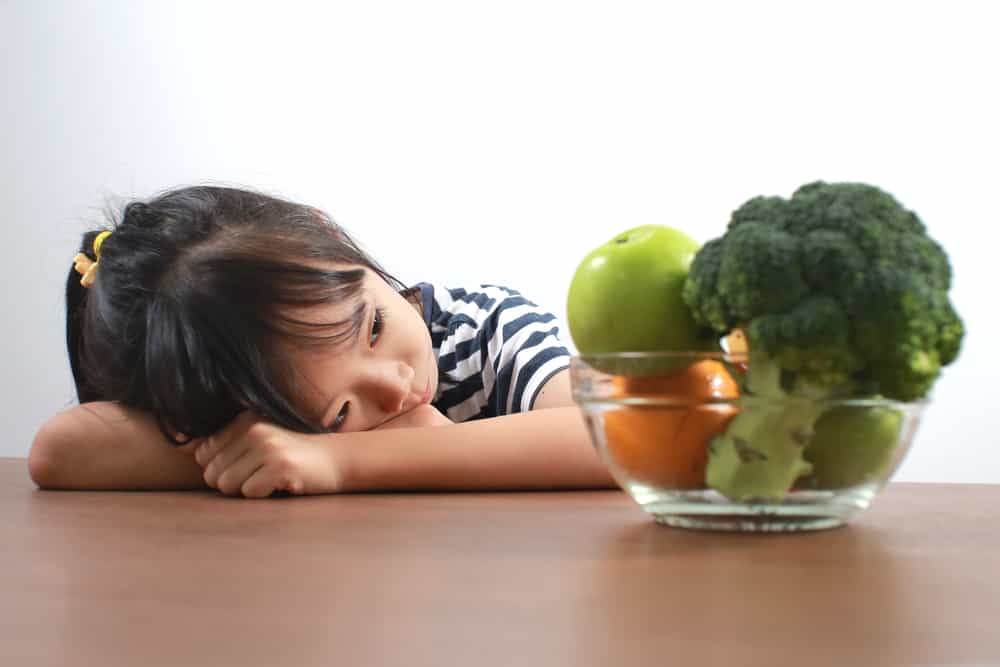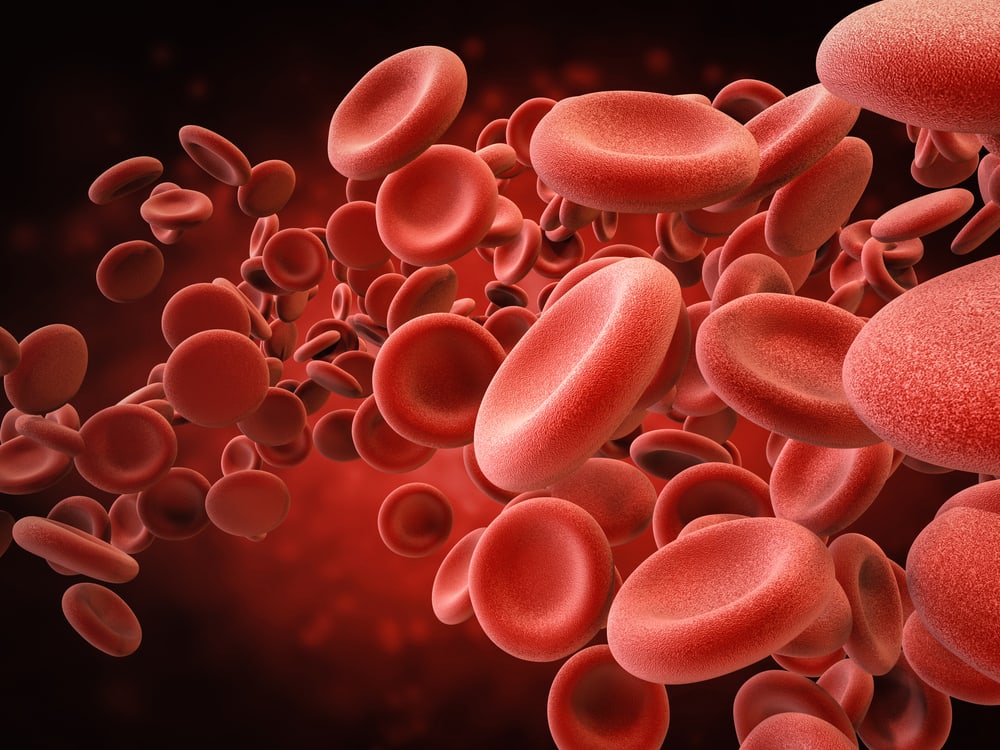Contents:
- Medical Video: Demystifying Medicine 2017: Hepatocellular Cancer and Liver Transplantation
- Pain
- Nausea or vomiting
- Fatigue
- Infection
- Anemia
Medical Video: Demystifying Medicine 2017: Hepatocellular Cancer and Liver Transplantation
When your child is undergoing liver cancer treatment, just like other cancer treatments, there will be some unwanted side effects. Your child may experience pain from surgery or therapy, nausea or vomiting, fatigue, anemia and a high risk of infection. You can help your child overcome these side effects. Here are some things you can do to provide support:
Pain
Pain due to cancer treatment is often caused by surgery or even the cancer itself. You should pay attention to signs of pain, such as grimacing, groaning, or tension. Try to soak warm water or use a cloth soaked in warm water on the painful part of your child's body. Gently massage or give a little pressure may also help relieve some types of pain.
Depending on the level of pain your child feels, you can give them medication to control pain. Mild pain and being treated with non-opioids, such as paracetamol or nonsteroidal anti-inflammatory drugs (NSAIDs). You can usually get these drugs at the nearest pharmacy. For more severe pain, you may need a doctor's prescription for stronger pain relief. This stronger pain relief may have side effects, such as drowsiness and slow breathing.
Steroids can be used to control pain in your child by reducing inflammation. Steroids are usually prescribed by your pediatrician. Children who use steroids usually feel hungry at all times and may gain weight and can cause fluid retention.
To prevent side effects from steroids, you can help your child make changes to diet to help prevent fluid retention and limit weight gain. A nutritionist can help you design a list of foods for your child. They might suggest foods low in salt (sodium).
Nausea or vomiting
Radiation or chemotherapy may cause your child to experience nausea and vomiting, which can cause dehydration. Make sure your child drinks enough water. Nausea and vomiting can develop bad breath or change appetite and taste in food. Food may taste bitter or metallic taste. To encourage your child's appetite, you can try:
- Serve food in cold conditions or at room temperature. This can reduce the taste of food and odor, making it easier to tolerate.
- Cover the drink, and let your child drink through a straw.
- Do not cook foods with strong odors when your child is near you.
- Avoid eating in a tight or too warm room.
- Try foods or drinks that are different from what your child usually eats. Children tend to like salty foods, such as potato chips, pretzels, and crackers (remember, if your child uses steroids, salty food may be problematic but there are different types of low sodium snacks).
- Frozen fruits like belewa, grapes, oranges, and watermelons, or buy frozen blueberries and strawberries and eat them in frozen conditions.
- Offer fresh vegetables. They might look more attractive than canned or frozen foods.
- Try soaking the meat to make it more tender and flavorful
- If red meat feels strange, try foods that are rich in other proteins such as chicken, fish, eggs, or cheese.
- Mix fresh fruits into smoothies, ice cream or yogurt.
- Keep your child's mouth clean by gargling and brushing regularly, which can help make food feel better.
Fatigue
Fatigue is a common side effect of cancer treatment. Fatigue caused by cancer treatment can be sudden and burdensome. Not lost just by resting. Signs of fatigue in your child can sleep more often than usual, lack attention, or do not want to move outdoors.
You can help your child manage the routine for each day, but don't force them to do more than they can. Your child can rest all day, take a nap and rest may help.
Infection
Cancer treatment often causes a weakened immune system. Infection is one of cancer complications and a life-threatening cancer treatment. Signs of infection are high fever, redness, swelling, or pain. Your child may experience a sore throat, abdominal pain, or the presence of strange fluid in the body.
You can make sure your child stays warm and drinks enough fluids. Avoid contact with germs and bacteria. Can do simple things like washing hands or brushing their teeth. If someone you know has diarrhea, fever, cough, or flu, you can ask them to contact your child by telephone until their condition improves.
Anemia
Anemia is a condition when your body does not have enough blood. If you realize your child has pale skin, often has chest pain, or is tired of doing activities, you should check whether your child has anemia.
You should encourage your child to drink enough fluids. If your child vomits blood or there is blood in the stool, you should check with their doctor.
Not all children with liver cancer experience side effects from cancer treatment. To maintain your child's health during treatment, you should give them all the nutrients they need and enough water, as well as ways to deal with pain and try to be as active as possible.

